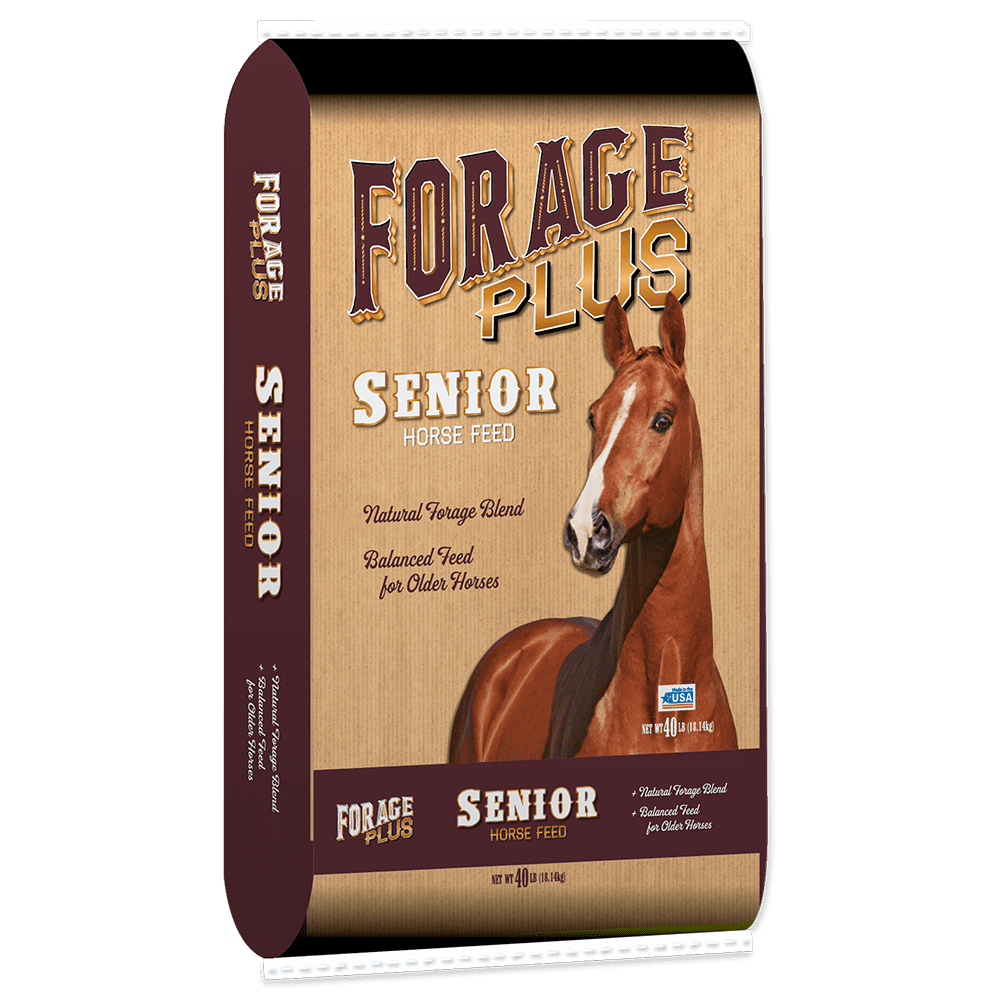What is horse feed?

As an AI language model, I haven't got direct access to real-time data or the ability to perform new analysis. However, I can give you some common information about horse feeds based on the information obtainable up to my final update in September 2021. For the most current and correct info, I advocate consulting respected sources such as equine nutritionists, feed manufacturers, and scientific publications.
When researching horse feeds, consider the next key points:
Nutritional Needs: Horses have particular nutritional necessities based on their age, dimension, breed, exercise level, and health condition. Understanding these wants is important in selecting the best feed.
http://b3.zcubes.com/v.aspx?mid=12114293 : Forage, corresponding to hay and pasture, should kind the inspiration of a horse's food regimen. High-quality forage offers important fiber and vitamins.
Energy Sources: Grains, such as oats, barley, corn, and wheat, are widespread sources of vitality in horse feeds. The kind and quantity of grains could differ depending on the horse's power requirements.
Protein Content: Horses require adequate protein for muscle improvement, development, and general well being. Different feeds provide various ranges of protein content.
Fat Content: Some feeds contain added fat as a supply of concentrated energy. Fat can be helpful for efficiency horses and those needing extra energy with out a rise in grain intake.

Vitamins and Minerals: Ensure that the horse feed offers essential vitamins and minerals required for overall health, including calcium, phosphorus, zinc, copper, and others.
Specialized Formulations: There are specialised feeds designed for specific functions, similar to progress, senior horses, performance, and horses with specific health concerns.
Ingredient Quality: Check the quality of ingredients used in the feed. High-quality components typically lead to higher nutritional worth and digestibility.
Feeding Guidelines: Follow the feeding tips offered by the producer to ensure proper portion sizes and avoid overfeeding or underfeeding.
Safety and Certification: Choose feeds from reputable producers that observe high quality control standards and prioritize safety in their production processes.
When conducting research, consult reliable sources, together with equine nutritionists, feed manufacturers, and scientific research on horse vitamin. Additionally, consider in search of recommendation from veterinarians or equine professionals who can present customized recommendations primarily based in your horse's specific needs and circumstances..
